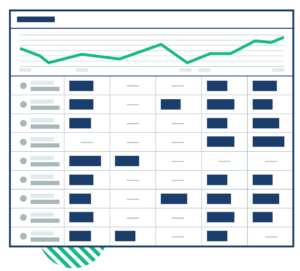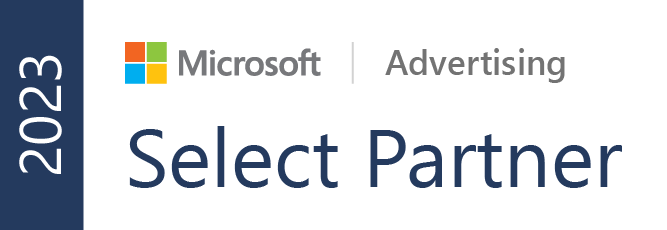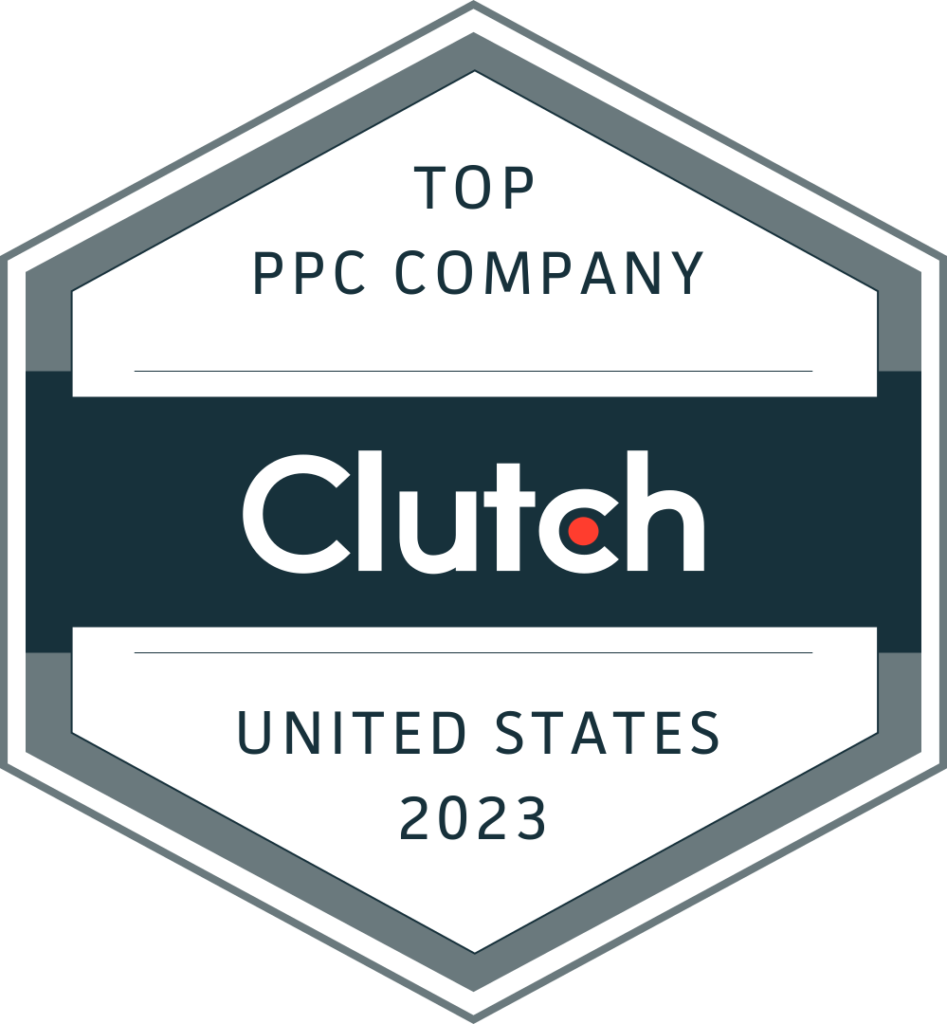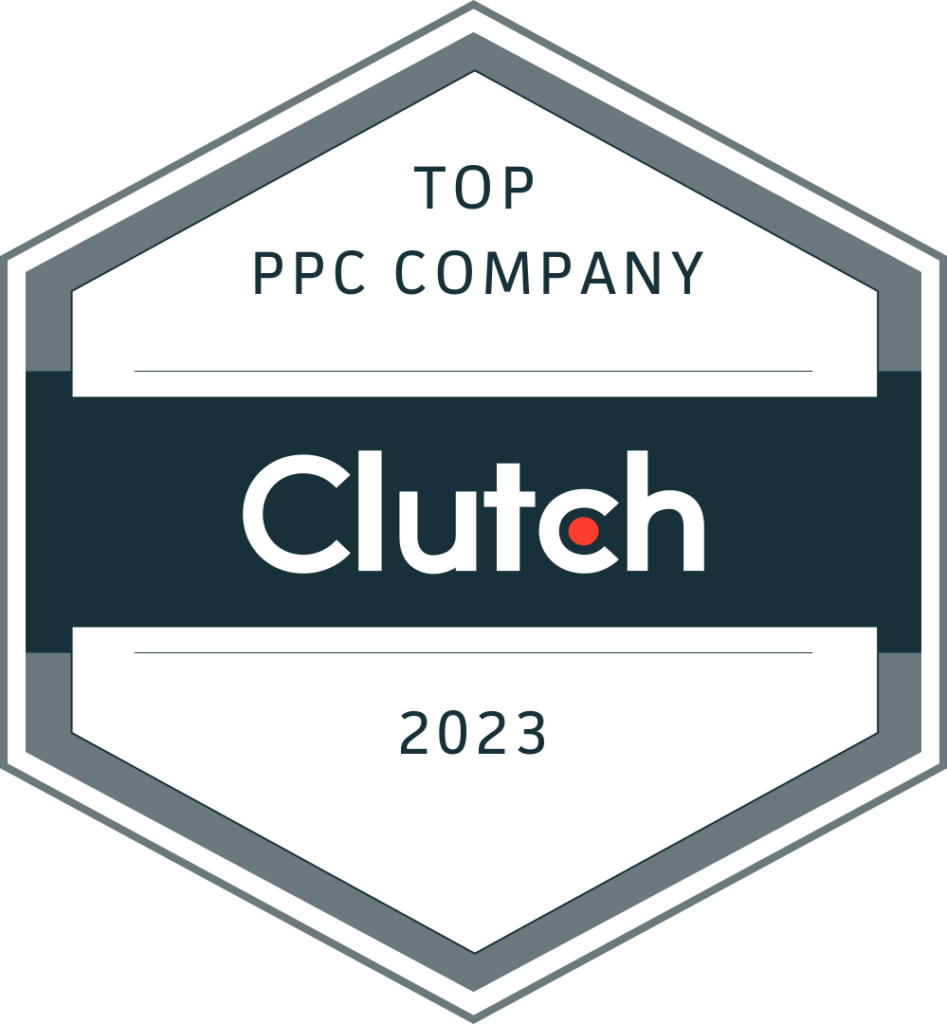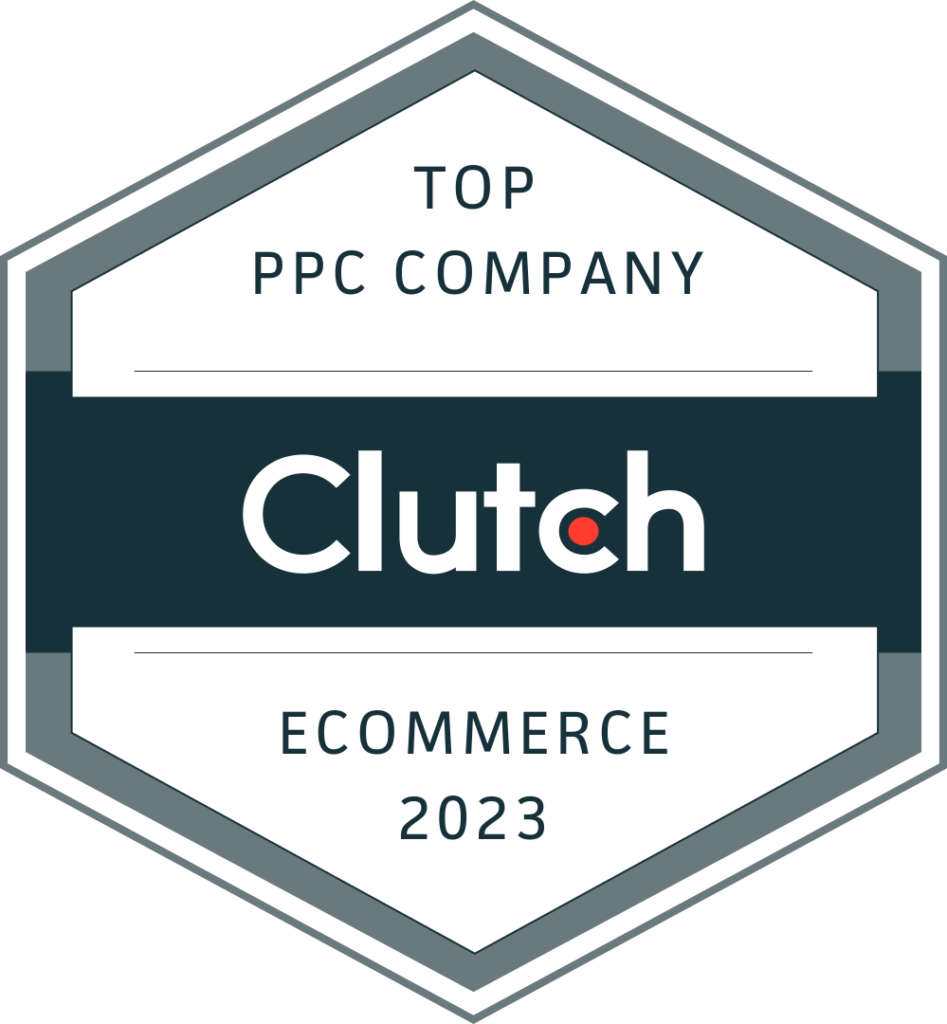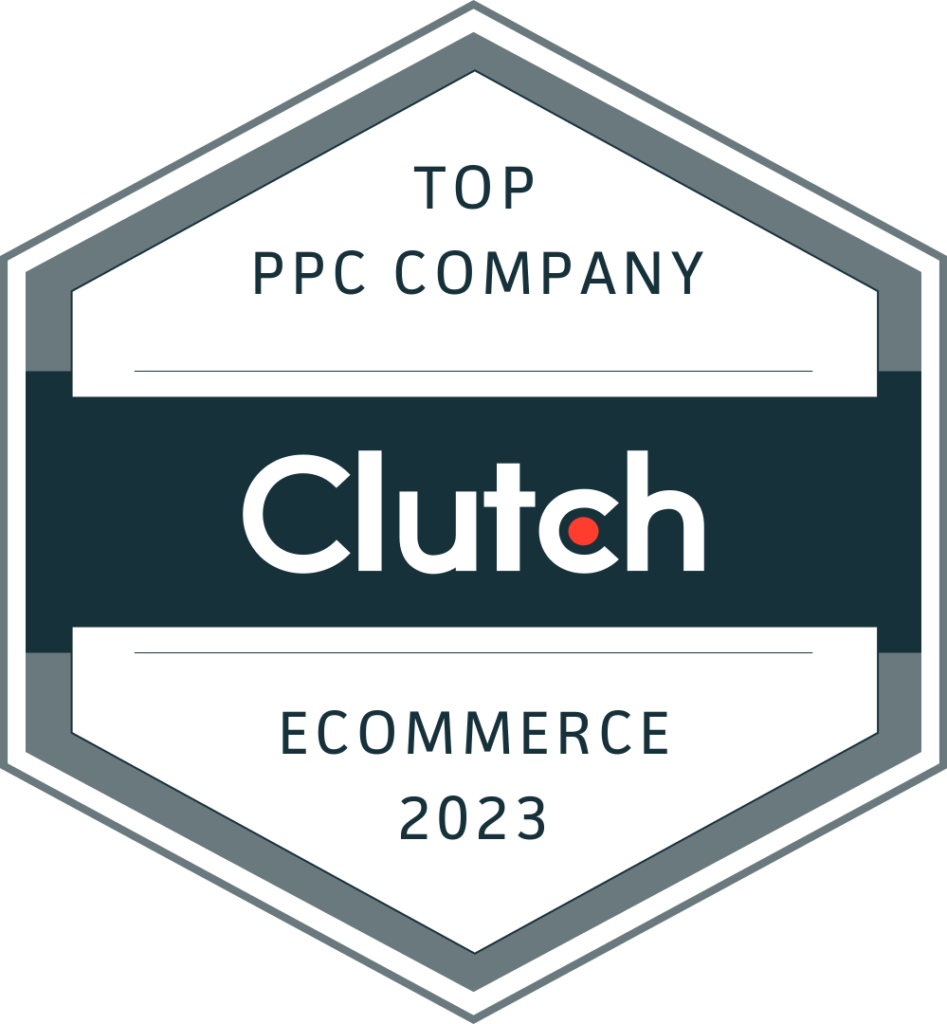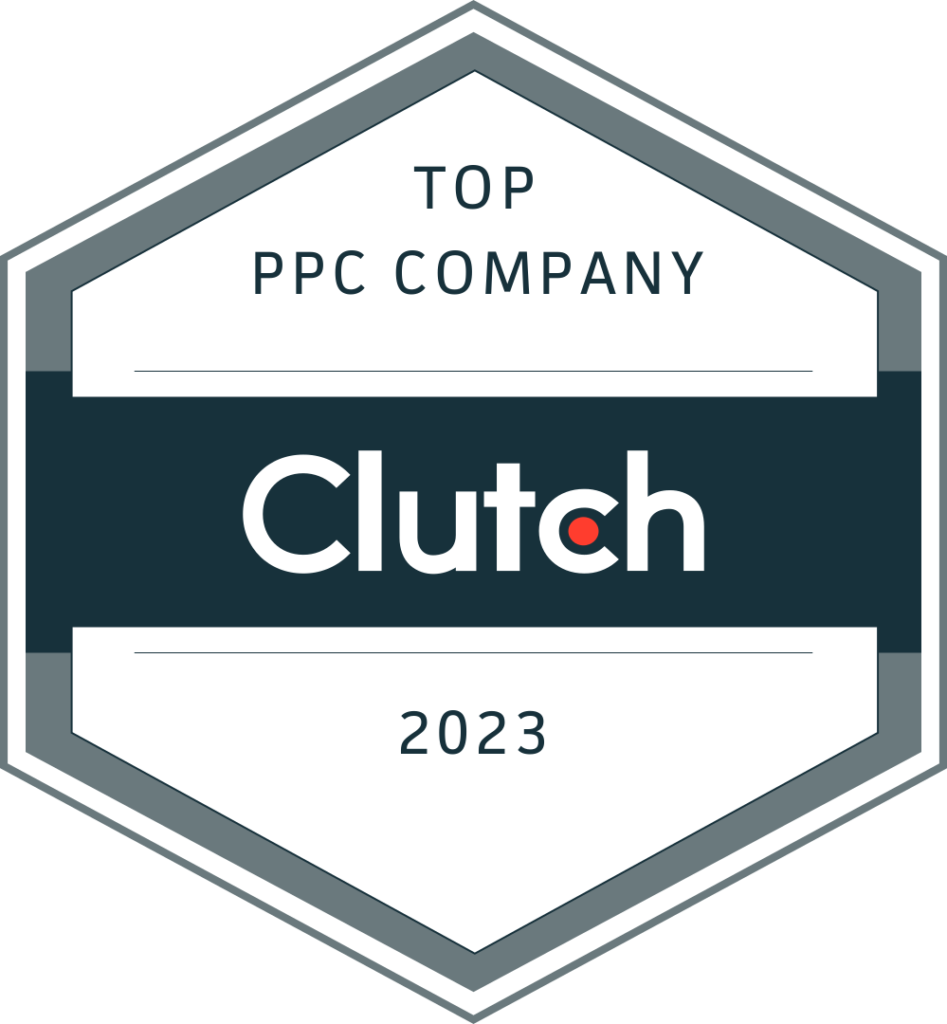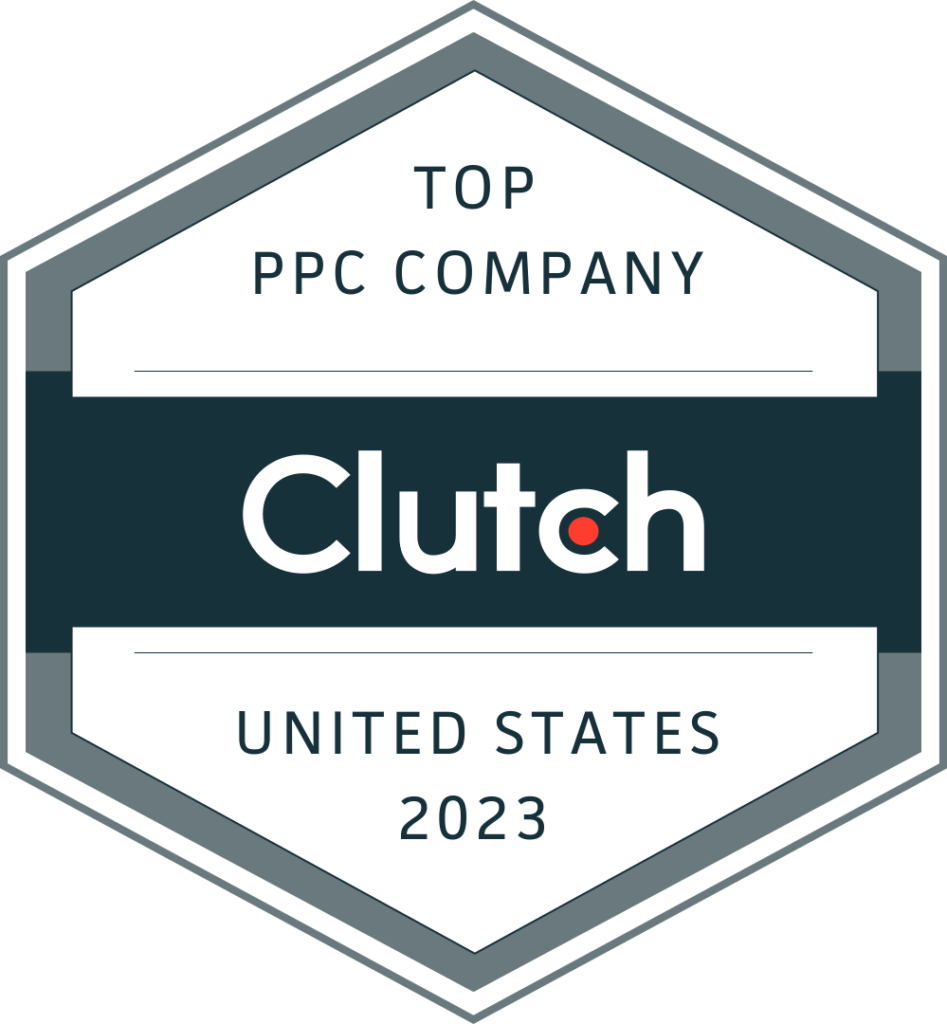
Episode 2
Why Automated Bidding Sucks for Ecommerce.

Watch
Welcome back and thanks for tuning in for Paying for Attention, a podcast dedicated towards providing solutions to your deepest and heaviest questions regarding paid media marketing. My name is Daniel Dannenberg and creative manager here may get those. And we are also with our host, Keagan Moroun, as well as with our co-host, Andrew Hollington. And today we are going to be talking about something a little a little bit controversial, and that is why automated bidding sucks for e-commerce. So let’s go ahead and get started.
For. Well, we’ve got a doozy today, a little bit controversial, I would say, right? Would you say it’s controversial? We are talking about why automated bidding sucks for e-commerce boys. Why does it suck?
Yeah, I mean, it’s definitely a controversial topic because for the for the main reason being that Google pushes it and I’ll tell you why Google pushes it. And it’s something most agencies know. But most of you out there, general audience, might not know. Right. So Google, you might be surprised by this. Google, Google is is is is paid by their advertisers to spend money on their Google ads platform.
No big shocker. Oh, what? Google’s pushy.
Yeah, yeah. Yeah. So big shocker out of the way. That being said, that’s what exactly what automated bidding does. It gives the control back to Google. And that’s why generally I would say the fundamental reason that we do not like it as an agency because we do not like to waste our clients. Atzmon here.
Yeah, that’s exactly right. I mean, you know, Google knows that they’re automating bidding strategies aren’t perfect. And if you test them, which we recommend you do, we’ll get to that. You’ll see some very, very high cost per clicks that really just don’t make sense. And you end up wasting some money and they make a lot of money off of it. And if you have been running an account, you’ve probably heard from their account reps, give you a call, emailing you, pushing you to set up these automated bidding strategies and other recommendations that we typically try to at least take with a grain of salt.
And so, yeah, let’s get right into the reasons why we should not be using them.
Well, before we do that, though, why why are they so pushy with this? Is it just a money maker type thing?
Well, I think I think it’s one moneymaker, but also, as we all know, as analysts for their automating bidding strategies to work, it’s A.I. And so they need data to be able to perfect it. So we’re basically just a testing ground for them right now. All of your campaigns that are using it is just an experiment so that they can learn, which I guess is maybe you’re sacrificing your budget for the greater good of the future of automated bidding.
Yeah, nice way to put it, but OK, but Google pushes it because they need that data. So the more advertisers, the more campaigns, the more industries that are putting their keywords out there and and using automated bidding strategies. Google is is getting getting data from that to actually improve their their algorithms.
Shameless, shameless plug here. We don’t typically do this on paying for attention, but if you have a Google rep reaching out to you and and they’re recommending these things, just call us. We will give you a free audit and tell you what to do. Like, it’s it’s it’s typically not the right recommendation. I’ll tell you that nine times out of ten we can do it better. And and that’s a shameless plug, but it’s for sure. Sure.
Yeah.
And save you some money, it sounds like, to right. All right, getting into it, let’s dove right in. OK, why? Tell me why.
First thing is, is that the most common mistake that we see is is, you know, advertisers that don’t have enough conversion data for the algorithm to work for. They’re for those automated bidding strategies to work. You need a lot of conversions within a campaign, within a certain time period for them to actually perform for you. Google recommends, I think it’s about 30 per 30 conversions per month per campaign. Hmm. And but I like to think at least 50 per per month per campaign for it to really work the way it should.
And I just from our experience auditing, as Andrew mentioned, we audit accounts. We’ve audited several hundred over the last three years that a lot of clients are a lot of our clients and a lot of prospects that come in the door don’t have that many conversions per campaign to be running this effectively. So it’s definitely something that we need to get resolved and switch back to manual.
That’s that’s a really good point. And honestly, on the volume point, I think they actually lowered it to 15 conversions in 30 days. And that’s just not enough data. That’s just the way that I is in mass numbers. Right. If you’re spending three hundred K a month, you’re going to have data. Sure. Yeah. Most most of you are probably not spending that much. So it’s it’s just it’s just crazy to think that Google’s A.I. has enough data for you to work with.
Really. Right. So, yeah, it’s it’s definitely a volume issue at its core.
That’s interesting, so there the conversions lowered. Are they pushing this harder to get more data?
Yes, yeah, yeah. And maybe they’re backing it up with that because they’ve had several years now of running these kind of across the board with a lot of advertisers that they have enough data now that you only need 15. Just in our experience from our testing, first of all, that we tried to test because we were open to testing pretty much everything, but also a lot of advertisers who come to us and we actually look at the history and it’s just, yeah, it just doesn’t work with with a low volume of conversions within a campaign.
That’s interesting. So they’re definitely pushing for four more to get some more money in the door and get that more data that summer was checked. You know, their headquarters are pretty large and so I don’t understand what they’re hurting for, but that’s all right.
Hey, we rely on Google for what we do here and we love them. Can we do to a point? But no, I want to get into the I want to get into the next reason that we do not recommend automated bidding for ecommerce, and that is seasonality and fluctuations in volume. So we talked about volume. It really relates to that in that you’re coming up. You’re an e-commerce company, right? You’re selling products. We know you’re big season is definitely Black Friday, Cyber Monday, Christmas, New Year’s.
Right. That’s that’s your that’s where you’re going to get I don’t know some of you up to 80 percent of your revenue. Honestly, honestly. So when when you look at that, you have a ton of data to work with. They they may work pretty well at that time, to be honest. However, you come off those sales periods, you’re going to be lacking data. And and what we see is is an incredible trend, really.
I wish we could show you a graph, but it’s crazy. So what happens is that Google will look for those conversions that you just had not knowing they don’t the computers don’t know. It’s it’s a holiday season. The computers don’t know your it’s your best time of your year coming off those holiday periods. They’re going to be looking for those conversions and they’re actually going to be bidding up, coming off into your slow season. So what we see is CPCs actually increase out of your slow season and and that’s when you’re less profitable.
Right? So CPCs need to be going down and they actually go up. And that’s when we see a lot of advertisers struggle and freak out that their role has dropped, I don’t know. Fifty percent month over month from from December to January.
Yeah, and that’s exactly right. And we see this time and time again is conversion rates are high during your your your high season, whether you’re running a promo in the summer or, as Andrew mentioned, Black Friday, Cyber Monday and your conversion rates are high. So your return has been great, your net revenue is great. And what happens is, is Google picks up that trend. It doesn’t realize that conversion rates are about to drop on the day after Cyber Monday on Tuesday.
And as soon as it does, Google starts chasing conversions and paying a premium for that. And we’ve seen cost per click jump from, you know, two dollars to eight dollars in a matter of six days after a promo. And that is significantly decreasing your return NetSpend and your net revenue on top of conversion rates also being lower because it could get at half off yesterday. And today is full price.
You are going to buy. Yeah, that’s a big decrease in short amount of time. Yeah.
Yeah. And and what ends up happening is then the algorithm is confused, doesn’t want to do and takes several weeks to get back on track. And a lot of e-commerce stores don’t have the additional funds or want to pay for two or three weeks of Google getting its, you know, bidding back together when if you just set up things manually, you can control that better.
Some big risk. I think that’s a huge, huge point, is that it’s I I brought in the example of holiday season as the big one. That’s not it really. It’s any any time you have a high season. I want one of my favorite e-commerce clients that we have. We actually do an audit on a quarterly basis. And their high season is back to school season, which is random middle of the summer, July, August. You know, what we saw is that, you know, as back to school season dies down, I’m glad that Keegan pointed out it takes schools I several weeks to to catch up.
And you don’t have that time as an advertiser. You don’t have that time. Google’s going to continue your spend. If you don’t manage your daily budgets well, you’re going to be spending that high season money, say fifty K in your high season when it’s worth it. That makes sense. 400 percent return. It’s been awesome, if that’s your goal, that’s great. In coming off your high season, Google is going to continue to spinning that 50 50 K budget that you had in your high season.
And you may not be able to afford that at that point coming off your high season when your conversion rates are dipping. Maybe you had a site wide sale during your high season and you come off that Google is not going to realize that you’re coming off your site wide sale. That’s that’s another key one that I think we should hit on, as is promos, you know, e-commerce, e-commerce sites. You run statewide promos. Google doesn’t know that necessarily.
Right.
Flash sales holidays. You know, uh, another one of ours just got done with Mother’s Day. Right. And they see a great performance the first two weeks of May roughly. Right. And then after that, if we don’t, you know, manually adjust bids and we let Google’s automated bidding go on, we end up, you know, taking a hit and and the advertiser takes a hit. And the return has been net revenue. And it’s almost a wash.
When you look at the overall performance, when if you would have just made some manual bit adjustments, you could have a really good month.
And I really think that’s the key point, is that you’re taking the human element out of it with automated Bidya completely and that we we as humans can anticipate those those things. We’re coming off a Mother’s Day sale. Maybe we need to reduce budgets 25, 30 percent. We can do that. We we we anticipate that. And we set rules. And we you know, if we’re if we’re coming off a weekend, we set rules to reduce budgets.
We set rules to reduce bids. Right. We know we can’t pay that much because we’re coming off a site wide Mother’s Day sale.
Yeah. Yeah. So it kind of comes down to it sounds like do you want a slow robot watching over it or do you want a more human eagle eye approach? And it just sounds like it just needs that eagle eye approach.
Yeah. And I think that also kind of goes and one of the other pitfalls of automated bidding strategy is that if you are either within a brand yourself and you’re in, you’re managing these keyword bids or you’re in an agency like us, you are relying very heavily on Google to get the job done, which means you don’t probably really fully understand the the data and the bidding strategy to get it done yourself. And you’re not getting that experience with it, which means that your other optimizations are also probably going to suffer.
And if you don’t understand that, it’s very difficult to explain to a client or to your boss within an organization. Why return that’s been so low or why you’re losing out on that revenue when you’re just coming off of, you know, your your best season. So it’s just something that you really lose the experience and the the analysis of being able to, you know, make make bidding yourself.
So that kind of basic question, I mean, all this information that you guys have given this just great thus far. But would you say that it’s typically like a small new business that kind of relies on this type of automated bidding? So they have small groups, maybe less hands to be able to watch over it? Or is it do you see it across the board at mid-sized companies, larger companies?
It’s I would say it’s across the board. And I would say for two reasons. One, with small companies, you’re right, they don’t have a lot of time on their hands. Go in and do this all themselves, which we totally understand. Yeah. However, what happens is that Google gives those people call daily and they are much more likely to say, well, Google is recommending I do. This sounds good. I think, you know, he’s great and I don’t have the time to do this.
I’m going to let them do it. I think that’s the first thing. And that, I think is the biggest problem with small e-commerce stores, that they just don’t really have the time or skill set to be able to do it efficiently. And then with larger e-commerce stores that that are running campaigns and they’re spending a large budget, it does get more complex when you’re bidding on several, you know, hundreds or thousands of keywords that it maybe does take, you know, some automation to some extent to be able to get that done.
I think that’s really a really important balance because a lot of e-commerce stores try and manage this themselves. And that’s the pitfall they fall into, is these these Google automation strategies will let me save time. Yeah, I’m I’m a I’m a marketing manager at a five million dollar per quarter, you know, selling revenue e-commerce store. And and it’s this Google ads is on me, so I might as well take advantage of Google’s. Google’s automated bidding strategies to do this for me.
I’ve seen it from I’ve seen it from, like I said, a 10 million revenue e-commerce store per quarter all the way down to a fifty thousand dollar per quarter revenue store. Right. So it the pitfall is saving time, but I don’t think the time savings are worth what you get in terms of return on ad spend when you do it manually. Really? I agree.
This is great, this is great. What are some other bits of information you can share about this e-commerce? I think the White Sox not economist. We love e-commerce, but why automate a bidding?
I think I think that really covers most of it. Anything that you would add?
I just think one last minor point is that it takes the analysis out of it like like Keegan was was hitting on, but I really I really want to hit on that one last time. Is that it? We we pride ourselves as analysts here on knowing the data and understanding the data and being able to analyze it and do what with it, what we see fit based on historical data. And Google takes that all out of your hands. Yeah. And it’s almost insulting to us to say analysts really, when you think about it, let’s think about this.
I mean, how many times have we seen the analysts and megadose actually save the client money because they’re able to watch it daily? Yeah, yeah, yeah.
Every day.
Yeah, that’s that’s that’s what we see is that I mean, we have the resources that you may not have unfortunately. I mean it’s, it’s, it’s, it’s a it’s a key thing. Right. Like we, we have the resources to watch it daily and we, we preach daily account checks that, you know, we’re going in there every single day. If we see a conversion rate dip, we’re going to go in there and make those manual adjustments that that Google’s automation may not do for you.
Yeah, yeah. That’s so true. All right. Enough of the shameless plugs for making those there, but. No, no. It’s all of us. It’s all of us patting ourselves on the back there. So takeaways give me some takeaways.
I mean, first, you know, if you’re a smaller e-commerce store, if you need to get something set up quick, you know, overnight setting up an automated bidding strategy or like even like a smart shopping campaign isn’t the end of the world. It’s just if you’re looking for consistent incremental growth within your your shopping campaigns and your Google ads campaigns for your e-commerce site, it’s not the best way to go. And it’s probably going to hurt you more in the long term than it’s actually helping you.
If you need to get something set up real quick, find. But in that process of that campaign running, set something up, more manual and get something done that’s going to provide more of a good foundation for you to grow on. It’s really my main takeaway.
I would I would be remiss if I didn’t add this in. It’s another column, but I just thought of it and I would I would hate myself if I didn’t put this in later on. This is is that a common pitfall? I see is that if you’re an e-commerce store in major growth mode, you’re trying to you’re trying to grow, you’re trying to get to new prospects that may not know your brand. What I see Google’s automation doing is, hey, these people are searching your brand name and converting really, really well.
What I see is honestly, to the point of 85 percent of your spend is on branded branded terms. Yeah. And that’s just not a recipe for growth. That’s a recipe for maintaining high ROE assets, which your agency may be doing and maybe taking credit for. And I just I just don’t like that at all. I think growth comes from non brand and challenging yourself to find the the optimization opportunities within nonrandom that, you know, like I said, your agency may not be doing.
You may not be seeing yourself. You may be spending eighty five percent of your budget on brand without knowing. And that’s just not a recipe for growth. That is a huge common pitfall of automated bidding strategies. That’s not a take away. It’s another pitfall. But I just had to throw it in there.
And and maybe another another topic for another podcast for e-commerce sites. But if if you’re only looking at return, not spend as a metric, that’s probably what’s going to happen. Is your marketing manager, who has ever or your agency, whoever is running those ads, is going to be incentivized by return NetSpend targets, which is very easy just to lean on brand. But if you’re looking at that revenue and net revenue growth, that is where I think Andrew’s point really, you know, goes in is is looking at new prospects, new sales, new customers and actual net revenue growth.
So your your actual revenue, after all of your ad spend, if that’s growing, then you’re in a good spot.
Back to key takeaways. I can think the the I’m sorry back are the last the last thing I would say is it can never hurt to test. I don’t want to discourage testing anything. We are we are very protesting. That’s how you see improvements in your account is testing different things. And automated bidding strategies are a perfect piece to test. So it is a testing opportunity. I just would say be reluctant on relying on automated bidding to as as your as your cornerstone strategy in your account, do not fall into the pitfalls of saving time, increasing Roe as when it might just be.
Branded, you know, like everything we hit on, you reflected on that and but use it as a testing strategy campaign by campaign basis, and it’ll never hurt, you know.
That’s awesome. All great information, great information about Ahmedi bidding Keagan, Andrew. Thank you, guys and audience, thank you for tuning in. And we hope that you learn something and we look forward to seeing you next time.
Listen
Your Shows Hosts
Have a Question?
If you have a question regarding paid media, fill out the form below and we will do our best in answering it in our show.
